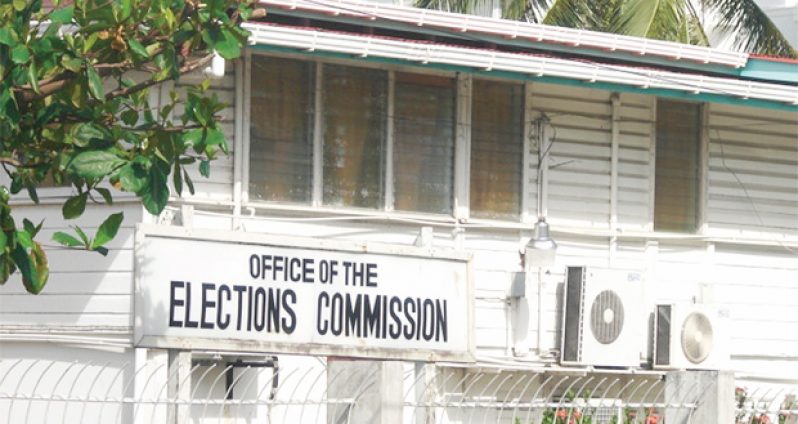CONCERNS over the Political Opposition’s access to the media, in particular the State media, have been raised over the last week, the most recent comments coming from the Private Sector Commission (PSC).The PSC, in a statement last week, said: “The Private Sector Commission shared its conviction that all political parties contesting the upcoming elections should be allowed fair and equitable access to all media entities for paid political advertisements and party elections broadcasts.
“In this regard, the Commission calls for transparency by the media entities of the spots and spaces that will be made available for political advertisements and for transparency in the pricing of such allocations.”
In response to questions on the matter, Cabinet Secretary Dr Roger Luncheon, has stated that the Guyana Elections Commission (GECOM) is empowered via legislation to enforce equality of State and private media access for both the political Opposition and the governing party.
“In the context of elections, there is, and as far as I know it has never been revoked, a GECOM statutory responsibility of assigning and enforcing equal access…I think there is such a law that imposes on GECOM that responsibility to ensure equal access to state and private media, I think there is such a law,” he said.
NO LAW
Meanwhile, a senior GECOM official, when asked by the Guyana Chronicle, disputed Dr Luncheon’s ‘thinking’ – opinion – on the matter.
According to the official, “GECOM has no control over any media house; there is no law that enables GECOM to put restrictions on any media house relative to air time or space for any political party. We do media monitoring, not media control.”
The media monitoring reference relates to the work of GECOM’s Media Monitoring Unit (MMU) and the media Code of Conduct which several media houses signed onto in mid-February.
“Even with the media Code of Conduct, it is a basically a ‘name and shame’ undertaking. There are no sanctions that GECOM can enforce. The code is a self-regulatory one that the local media houses have signed onto,” the official said.
The 2015 MCC is an amended version of the one used during the 2011 election campaign season and reflects the changing environment and lessons learnt from previous years. The 2015 MCC was agreed to following a two-day media forum organised by GECOM to review the 2011 document and to improve on it.
The code calls on media practitioners to, among other things, hold themselves free of any or all political control and direction, inducement, promises or threats. It also urges that every effort be made to provide factual, comprehensive, accurate, balanced and fair accounts of events in a context which give them meaning.
With regard to political activities of media functionaries, the code recognises the likelihood of charges of bias, therefore it requires these functionaries to refrain from using their programmes for promoting their political objectives.
The code further deals with the need for management support for the independence of journalists and the need for civic education in reporting. It also addressed the issue of equitable share, access and coverage of election campaigning, the use of official events for electioneering and the reporting on opinion polls.
As the 2015 MCC will be enforced after the results have been declared, it addresses the expected behaviour of the media on polling day and its relations with GECOM with regard to the announcement of the results.
The code also outlines the procedure for dealing with complaints and commits the media houses to respond promptly and responsibly to complaints of errors in reports. (Vanessa Narine)




.png)









